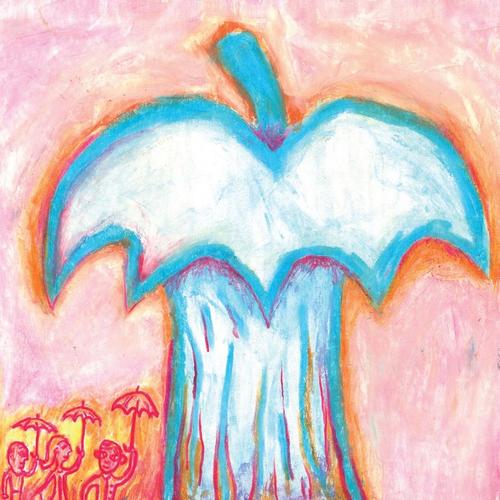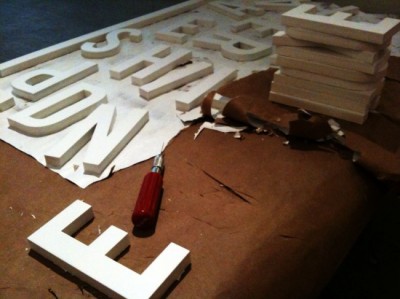Free Schools in Chicago
New York hardly has the monopoly on such endeavors, however; there has a been a recent flowering of artist-run, free-school type pedagogical endeavors here in Chicago. To what extent could this activity be considered a response to the increasingly doom-filled outlook on higher education?
Chicago has a particularly rich history of free school initiatives that flourished in the ’60s and ’70s, as described by Rebecca Zorach in her article, “A Potpourri of Harangues,” published in Proximity Magazine. Emboldened by their radical principles, left-leaning students in local universities organized their own “free Universities,” with classes on everything from contemporary socio-political ills to “Powder Puff Mechanics.”
Recent endeavors, however, seem to have a markedly more serious curricula. Usually artist-run and geared towards cultural practitioners, these are earnest attempts to share knowledge and skills and build community, particularly for those artists who have already graduated from MFA programs and are floundering now that they’re out of school.
In Rogers Park, Mess Hall has been a linchpin of the city’s free school spirit. The space is freely used by community members for self-organized classes and workshops, such as the Das Kapital pot luck discussion groups and weekly Stich ’n’ Bitch meetings. The Stockyard Institute, founded by Jim Duignan in 1995, has been another notable experiment in alternative pedagogy, dedicated to fostering networks of experimental arts education practices, with an emphasis on youth involvement.
In 2010 Ed Marszewski and Aaron Delehanty launched the Co-Prosperity School out of Marszewski’s exhibition space of the same name in Bridgeport. Delehanty came to Ed with the idea for the school after moving back to Chicago from San Diego, where he attended grad school. “It was tough to get back into the community,” he told F over the phone. “I was always looking for a school or an organization like the Co-Prosperity School to join personally, but I didn’t find it. I knew Ed, so I went to him with my idea. He made a few phone calls and all of a sudden it was a very big, real thing.”

Marszewski told F Newsmagazine that the project is informed by the “free university” type programming that has been offered at Version Fest (an alternative arts festival he organizes here in Chicago) for the past ten years. “Our format is a reaction against the continuing education institution, the post (or non) MFA education,” he said. “We are very aware of free school movements and projects of the past. And we have experimented with many formats over the past decade ourselves. So our project is definitely in dialogue with other approaches.”
A big difference with the Co-Prosperity approach, however, is that the school isn’t entirely free to attend; participants must pay $150 per semester to enroll. “We feel this is a fair rate for ten or so gatherings,” Marszewski explained. “We want it to be very affordable, so working artists can attend, but enough money so people took it seriously. We find members don’t miss class when they pay for it. Ironically it has ‘value’ when it’s not free.”







